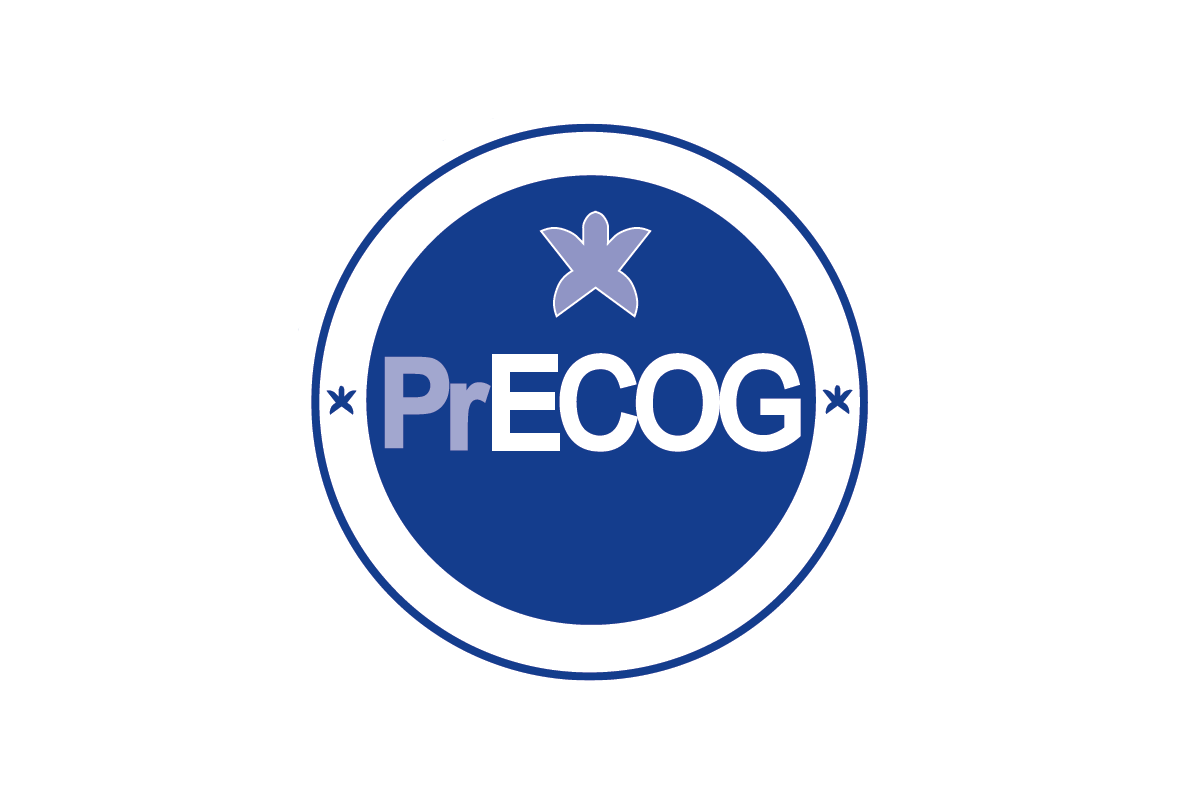
Now Enrolling: PrE1702 Real-World Data Study for Patients with EGFR-Mutated Non-Small Cell Lung Cancer Not Enrolled in Clinical Trials
September 17, 2024
From the Co-Chairs, September 2024
September 17, 2024ComboMATCH Sparks Progress: An Update on the Precision Medicine Initiative

The ComboMATCH precision medicine initiative (EAY191), designed to test new combinations of cancer drugs guided by tumor biology, launched in April 2023. The initiative encompasses a coordinated set of clinical trials for patients with advanced cancers. Investigators hypothesize that the genomically-driven, evidence-based addition of a targeted agent to another anti-cancer therapy will produce greater clinical benefit than the anti-cancer therapy alone. ComboMATCH’s overall premise is that a precision medicine initiative organized around principles of reliance on pre-clinical in vivo evidence will efficiently generate studies that are likely to reach their clinical efficacy endpoints.
 ComboMATCH opened with three treatment trials available for patient enrollment. That number has since grown to eight, with about five additional trials currently in development. Below, study chair James M. Ford, MD (Stanford University/Stanford Cancer Institute; pictured) provides an update on ComboMATCH and shares progress to date.
ComboMATCH opened with three treatment trials available for patient enrollment. That number has since grown to eight, with about five additional trials currently in development. Below, study chair James M. Ford, MD (Stanford University/Stanford Cancer Institute; pictured) provides an update on ComboMATCH and shares progress to date.
Now that ComboMATCH has been open for over a year, how do you view the initiative?
At last count, the patient registration trial is open at over 350 sites, which is terrific. That number has been steadily increasing. Eight treatment trials are available, several of which have been active for over a year. Others just opened in the last few months. As of last week, over 200 patients had been screened as part of the registration trial and about 100 patients had been assigned to a treatment trial. A few of the studies have been accruing quickly—one has over 30 patients and another has over 40 patients. Overall, ComboMATCH is progressing quite well.
Which treatment trials have been particularly successful and what has contributed to their success?
Several trials have accrued very quickly. EAY191-E4, one of the first to open, has already enrolled its initial group of patients and is now paused for a planned safety analysis. E4 is evaluating the activity of nilotinib-paclitaxel in patients with solid tumors who have been treated previously with taxanes. EAY191-A3 and EAY191-N4 are also doing well. A3 is testing palbociclib and binimetinib in RAS-mutant cancers and N4 is testing selumetinib and olaparib in RAS-mutant ovarian and endometrial cancers.
We learned during the original NCI-MATCH trial that certain genomic variants are common, and others are quite rare. Although ComboMATCH is open at hundreds of sites across the country, identifying patients with the rarer alterations takes time.
Is the population accrued to date representative of the population at large?
None of the trials are far along enough yet for us to be able to review that data. However, it is an important question, and certainly one we will explore.
Are you still accepting proposals for new treatment trials?
Absolutely. Investigators from all the National Clinical Trials Network (NCTN) groups are invited to submit new concepts. As a reminder, the basic criteria are that the proposed combination is based on strong preclinical data and that there is a signal for safety or a plan to assess safety. To submit a proposal, investigators can email ComboMATCHPLWG@ecog-acrin.org for the Letter of Intent template and to discuss next steps.
How are doctors and patients being informed of the availability of ComboMATCH and is this model effective?
All the NCTN groups have helped to promote the trial through their various platforms. A ComboMATCH Update and Education Session takes place at each semi-annual ECOG-ACRIN Group Meeting. The ECOG-ACRIN website also has plenty of information about the initiative.
An important point is, unlike with NCI-MATCH, genomic testing is now the standard of care. It is done routinely in oncology clinics for patients with metastatic cancers. Although ComboMATCH has a designated set of labs that must be used for the tumor testing, there are about 60 options. Many of the major academic labs and nearly all the leading commercial labs are part of the group. In principle, all the labs will inform a provider and patient if they find a genomic change that makes the patient eligible for a ComboMATCH treatment trial. This model is especially important for finding patients with very rare mutations and informing them that ComboMATCH may be an option.
Are common or rare tumors dominating the accrual?
There is really a spread. The concept of ComboMATCH is to study a particular genomic change across different tumor types. For example, ComboMATCH-E5 is exploring a KRAS inhibitor. The KRAS G12C mutation is found in very common tumors, like lung cancer and colon cancer, and in unusual tumors as well. The idea is to try and study both common and rare tumors. What is more restrictive is the particular genomic change, which may be quite rare and may not be common in any one tumor type.
What is next for ComboMATCH and when might we start to see results?
The trials that opened initially are well underway and could complete accrual in the next year or so. Others will likely take a couple of years to accrue—and new treatment trials will continue to open. Results will be reported on a rolling basis.
For questions about ComboMATCH eligibility, mutations, or other trial logistics, study personnel may submit inquiry tickets to the ComboMATCH Help Desk. Patients interested in learning more should start by speaking with their doctor or healthcare team. Patients may also reach out the National Cancer Institute’s Cancer Information Service, where trained specialists answer cancer-related questions in English and Spanish.
![ECOG-ACRIN logo[19516]275×75](https://blog-ecog-acrin.org/wp-content/uploads/2021/03/ECOG-ACRIN-logo19516275x75.png)
